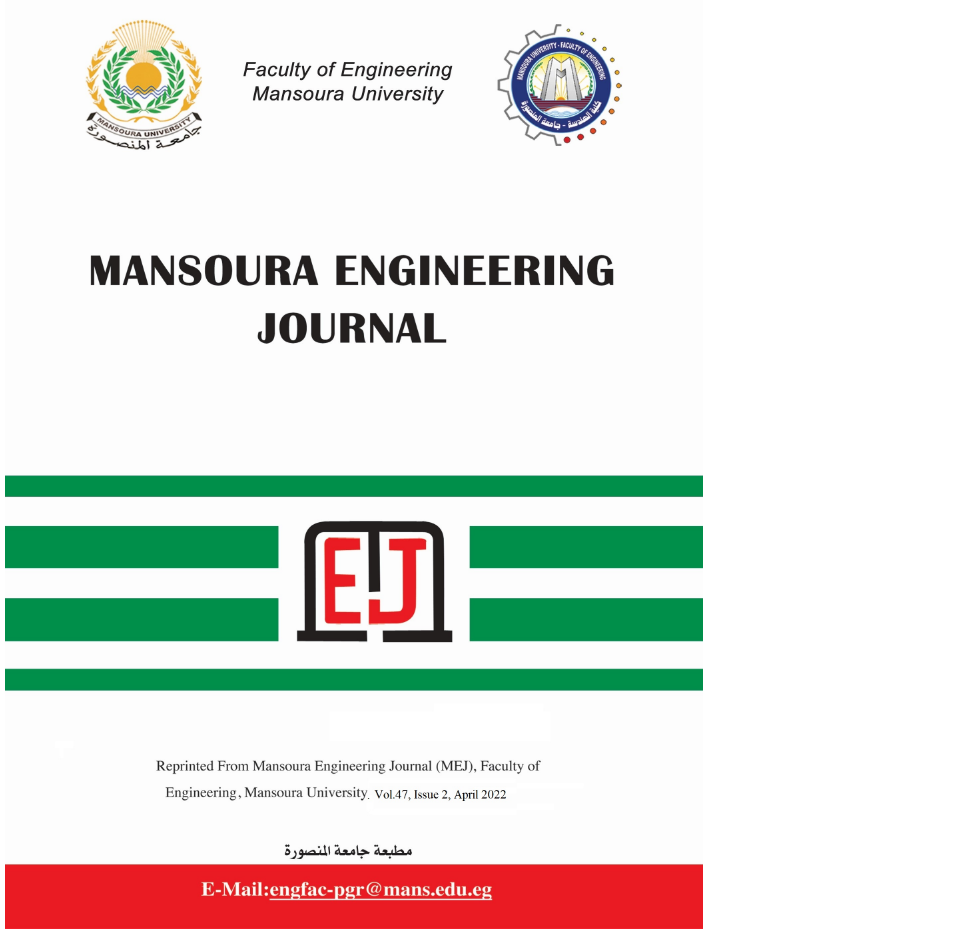Recently, nanomaterials have been widely used to improve the properties of asphalt binders due to their unique properties. This research aims to evaluate the performance of nano-modified binders with two different types of nanomaterials, which are Nano-Silica (NS) and Nano-Clay (NC). Each of them was added to a 60/70 penetration grade bitumen at concentrations ranging from 1% to 4% by asphalt binder weight using a high shear mixer at a speed of 4000 rpm and a mixing temperature of 145 °C for 60 minutes. A number of basic tests were carried out on the binders, such as penetration grade, softening point, rotational viscosity, and stability storage tests. Moreover, Scanning Electron Microscope (SEM) and Fourier Transform Infrared (FTIR) tests were utilized to ensure the quality of the mixing process and investigate the modified binder's internal composition. Furthermore, an additional laboratory study was carried out to characterize the performance properties of the corresponding asphalt concrete (AC) mixtures based on the Marshall stability, indirect tensile strength, moisture susceptibility, double-punch, and static creep tests. Based on the experimental results, the best performance was attained when incorporating 3-4% nanoparticles with a neat asphalt binder. In general, the addition of NS or NC particles positively affected the asphalt binder and AC mixture in terms of stability, debonding, moisture damage, and rutting. However, NC was more effective compared to NS and can be used to build sturdy pavements

